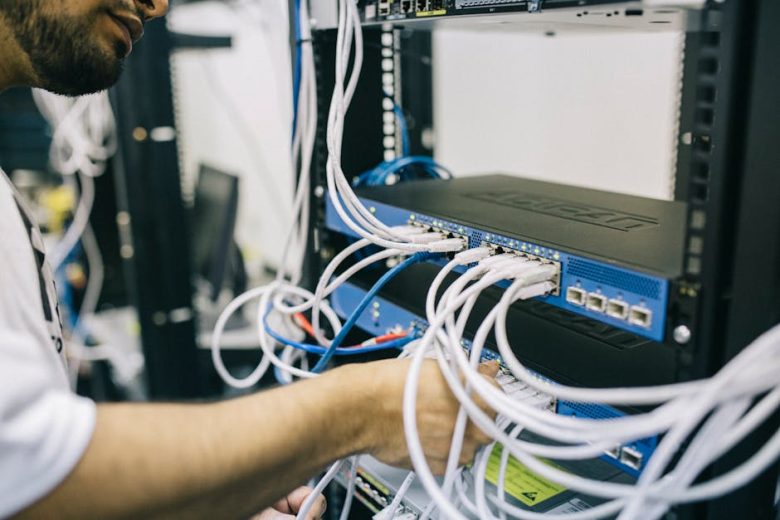In a world that often feels overwhelming and chaotic, the simple act of expressing gratitude can seem insignificant. Yet, the power of gratitude is profound, capable of transforming not just our individual lives but also our relationships and communities. As we navigate through the ups and downs of life, the practice of gratitude serves as a beacon of hope and positivity, reminding us of the beauty that exists even in the most challenging circumstances.
Research shows that cultivating gratitude can lead to remarkable changes in our mental and physical health. People who regularly express gratitude report lower levels of stress, anxiety, and depression. This emotional upliftment can lead to better sleep, enhanced resilience, and a greater sense of overall well-being. But the benefits of gratitude extend beyond the individual; they ripple through our social circles, creating a more supportive and connected community.
Gratitude is not merely a fleeting emotion; it is a practice that can be cultivated. Simple actions, such as keeping a gratitude journal, writing thank-you notes, or verbally acknowledging the kindness of others, can have a lasting impact. When we consciously focus on the positive aspects of our lives, we train our brains to seek out and appreciate the good, fostering a mindset that can weather life’s storms. This practice encourages a shift from a scarcity mindset, where we focus on what we lack, to an abundance mindset, where we recognize and celebrate the richness of our experiences.
Moreover, gratitude can strengthen our relationships. When we express appreciation for others, we not only affirm their value but also deepen our connections with them. This can lead to increased trust, improved communication, and a greater willingness to support one another. In romantic relationships, for instance, expressing gratitude can reignite passion and intimacy, reminding partners of the reasons they fell in love in the first place. In friendships and family dynamics, gratitude fosters a sense of belonging and strengthens the bonds that hold us together.
However, the practice of gratitude is not always easy, especially in times of hardship or loss. It requires us to confront our pain and acknowledge the silver linings that can emerge from our struggles. This duality can be both challenging and liberating, as we learn to find meaning in our experiences. The ability to express gratitude even in difficult times can serve as a powerful coping mechanism, allowing us to navigate adversity with grace and resilience.
As we embrace the power of gratitude, we can inspire others to do the same. Imagine a world where gratitude is the norm rather than the exception—a place where people support one another, celebrate each other’s successes, and lift each other during times of need. This vision may feel distant, but by starting with small acts of appreciation in our daily lives, we can create a ripple effect that transforms our communities and fosters a culture of kindness.
In conclusion, the hidden power of gratitude holds the potential to change lives for the better. By recognizing and expressing appreciation for the good in our lives and the people around us, we not only enhance our own well-being but also contribute to a more compassionate world. It’s time to embrace this transformative practice, allowing gratitude to guide us through the complexities of life, reminding us that even in our darkest moments, there is always something to be thankful for.



